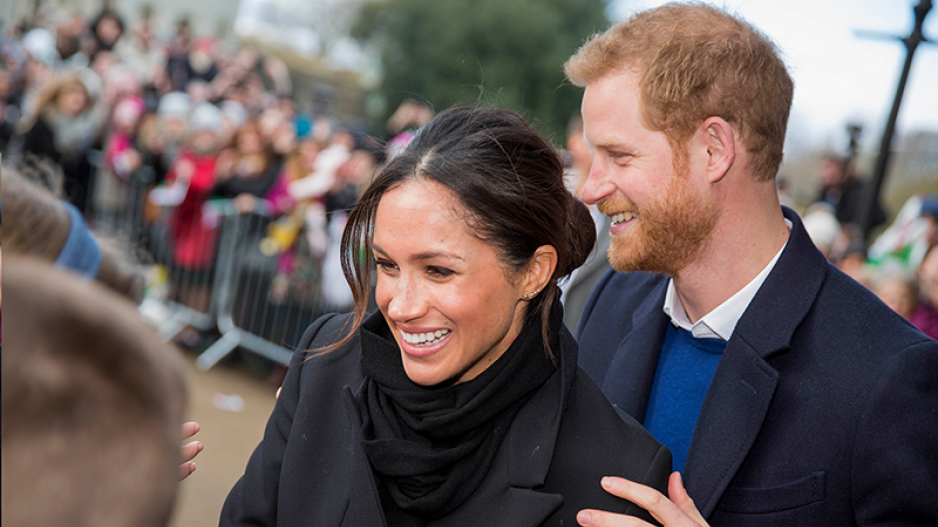One of the world’s biggest brands is reportedly considering an expansion to beautiful British Columbia.
At press time, the size of the brand’s potential investment in the province remains rumour, as does the location of the brand’s potential home base.
Conjecture aside, however, if the Duke and Duchess of Sussex choose to establish their North American headquarters on Canada’s west coast, the economic benefits for certain business sectors could be lucrative.
The couple’s decision to spin themselves off from a centuries-old household name, modernize their approach to public relations and chart a course to financial sustainability is unprecedented, which makes it difficult to forecast how they might perform and how they might diversify.
“In terms of their continued appeal, it might be that there’s more of a celebrity appeal than a royal appeal,” said royal expert Sarika Bose, a sessional lecturer at the University of British Columbia’s faculty of arts.
“I think celebrities are thought of in more commercial terms rather than the more honorary terms of the Royal Family. That’s a very different kind of mindset, I think, in terms of how you brand yourself, how you promote yourself, what you do to make a living. The Royal Family has never had to go on the lecture circuit or they don’t necessarily have to brand too many products.”
London-based consultancy Brand Finance estimated that in 2017, the intangible value of the British monarchy – the benefits the Crown is expected to generate for the U.K. economy – was calculated at £42 million, or more than $72 million in 2020 dollars.
The U.K.’s tourism sector is the biggest benefactor of the monarchy’s prestige, history and ceremony, which generates around $947 million annually for the sector, according to Brand Finance. The Crown also generated noteworthy annual economic benefits in the categories of trade (around $258 million), charities and patronage (also around $258 million), media and the arts (around $86 million) and informal endorsements (around $344 million).
Charitable impact in particular presents a potential opportunity for B.C. organizations.
“Equity-seeking groups, which need extra support, I think, can benefit from [Meghan Markle’s] public support, for sure,” said Bose.
The Downtown Eastside Women’s Centre (DEWC) and Justice for Girls made international headlines when Markle recently visited their locations to meet with and speak to staff and volunteers.
“I am sure that many more people across the world have now heard of the women’s centre, but what immediate change that might create for women who face overwhelming barriers every day is not yet known,” DEWC acting executive director Kate Gibson wrote to BIV.
She added that the couple could shine a light on issues that affect marginalized women and girls if and when they move to B.C.
Informal endorsements – sometimes dubbed the “Kate effect” – could also be a boon to local artists, designers and retailers.
For example, British retailer Asda Stores Ltd. reported a 300% increase in beige coat sales after the Duchess of Cambridge was spotted wearing a similar-looking – and much more expensive – version of the coat. A coat from Vancouver-based Aritzia Inc. (TSX:ATZ) reportedly sold out within hours of Markle being photographed wearing it.
The couple’s social media presence and celebrity appeal could draw locals and royal-curious tourists to certain restaurants, boutiques or areas.
With a background as a working professional, speaking tours focused on particular causes or additional acting work would be a natural fit for Markle, said Bose. B.C.’s film, television and animation industries could supply her with opportunities in the latter – and benefit from the buzz of doing so.




